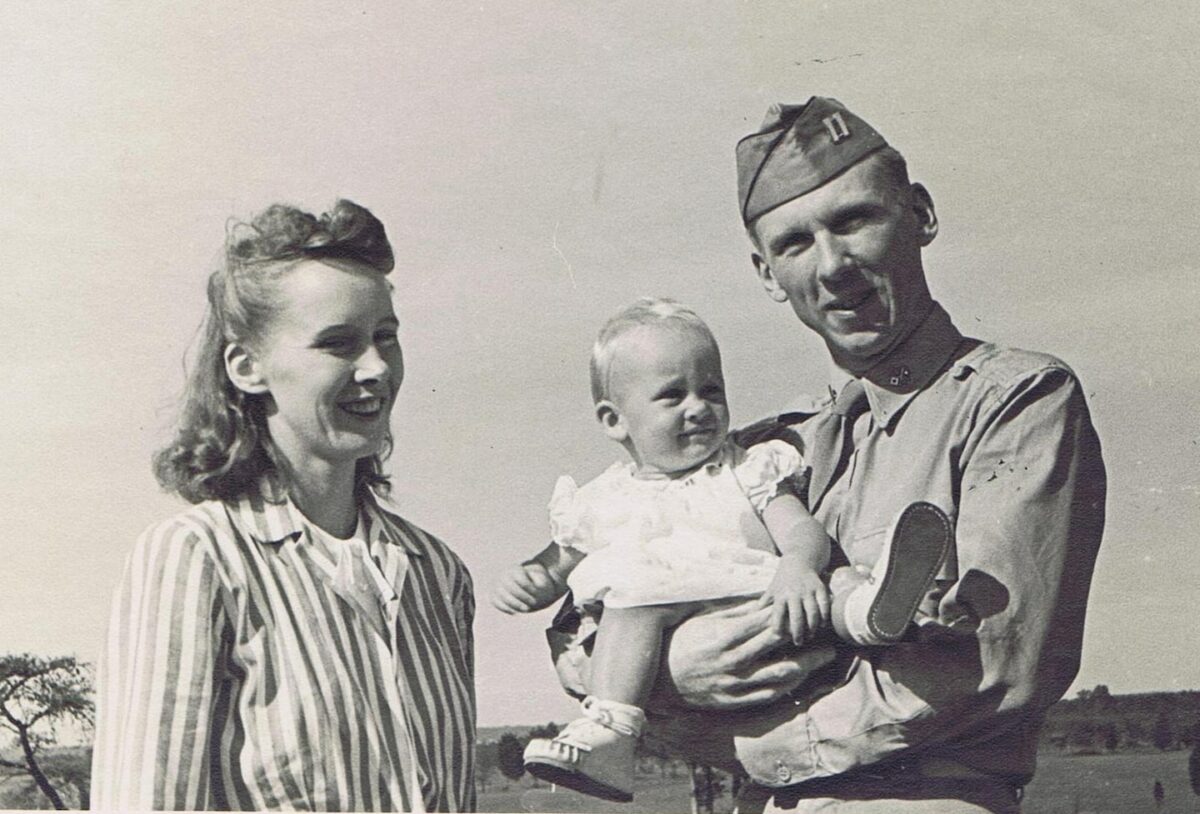
— Greg Denevan, Berwyn, Md.
The instrumental was called “The Syncopated Clock” and it was written in 1945 in Arlington, Va., by a composer (and onetime Army intelligence officer) named Leroy Anderson. But before we get to that, let’s explore television in the 1950s.
Television then was a medium hungry for content. TV stations needed flickering images they could broadcast into viewers’ homes. Plenty of this content was piled up in a magical place called Hollywood: old movies.
But executives at major studios weren’t sure they wanted their old films shown on television. They felt TV was a competitor, siphoning viewers from movie theaters. And so, many TV stations had to pad their schedules with foreign films, films from smaller U.S. studios or films produced by the U.S. government.
Eventually, an arrangement was struck between the Hollywood studios and the TV networks enabling broadcasters to buy and transmit films made before 1948. The cinematic floodgates were opened.
CBS took the lead. In 1951, its flagship station, WCBS in New York City, debuted a nightly film offering, showing an old movie every night at 11:10 p.m. Richard K. Doan was the program manager at the time and he claimed to have named the program — “The Late Show” — and to have picked its theme music: “The Syncopated Clock” by Anderson.
Anderson was a pops powerhouse. Not pop, as in pop music, but pops, as in the light orchestral music popularized (popsularized?) by Arthur Fiedler of the Boston Pops. In fact, Fiedler was among those who encouraged Anderson to devote his life to music.
Anderson was born in 1908 to Swedish immigrants who were both very musical. He grew up in Cambridge, Mass., and studied music at Harvard. The musical arrangements he wrote there brought him to Fiedler’s attention. Soon, Anderson was arranging music for the Boston Pops.
Anderson was drafted in April 1942. When the Army learned Anderson had studied Swedish, Danish, German, Icelandic and Norwegian at Harvard, it assigned him to the Counter Intelligence Corps and sent him to Iceland, where he served as a translator and interpreter.
In 1943, Anderson was sent to Officer Candidate School and then posted to the Pentagon as chief of the Scandinavian Department of Military Intelligence. He moved his young family to Arlington. When Fiedler learned Anderson was back stateside, he invited him to be the guest conductor at the Boston Pops Harvard Night concert.
It was while Anderson was living in Arlington that a title had lodged itself in his mind. Many composers had incorporated the steady, rhythmic ticking of a clock into their works. But, Anderson later wrote, “No one had described a ‘syncopated’ clock and this seemed to present the opportunity to write something different.”
The result was “The Syncopated Clock,” a charming piece punctuated by a wood block. On May 28, 1945, Anderson, dressed in his Army uniform, conducted its premiere at Boston’s Symphony Hall.
Anderson recorded “The Syncopated Clock” with his own orchestra in 1950. The record came to the attention of WCBS programmers, who made it the theme song of “The Late Show.” It also graced other CBS movie programs: “The Late, Late Show” and “The Early Show,” the latter of which was broadcast weekdays at 4:30 p.m. on Washington’s Channel 9. (Old Westerns were common.)
Wrote Anderson: “From the very first show, CBS was flooded with telephone inquiries for the name of the theme and both CBS and I found ourselves with a hit on our hands: theirs the show, mine the theme music.”
Anderson was on a roll. In 1952, his “Blue Tango” sold 2 million copies. His “Sleigh Ride” (with lyrics by Mitchell Parish) is a seasonal staple. Answer Man’s favorite Anderson composition must be “The Typewriter,” which uses an actual manual typewriter to percussive effect.
TV stations continued to mine the mother lode of old movies. When Baltimore’s WBFF Channel 45 launched in the early 1970s, its call letters stood for “Baltimore’s Finest Features,” said local TV historian Tom Buckley. But over time, the networks developed their own made-for-TV movies. CBS has a “Late Show” and a “Late Late Show,” but they’re talk shows, not film programs.
Leroy Anderson died in 1975. Though he’d had plenty of hits, he insisted he never set out to write one.
“All a composer can do is to write what he feels and do it as best he can,” Anderson once said. “Whether it’s popular is up to the public.”